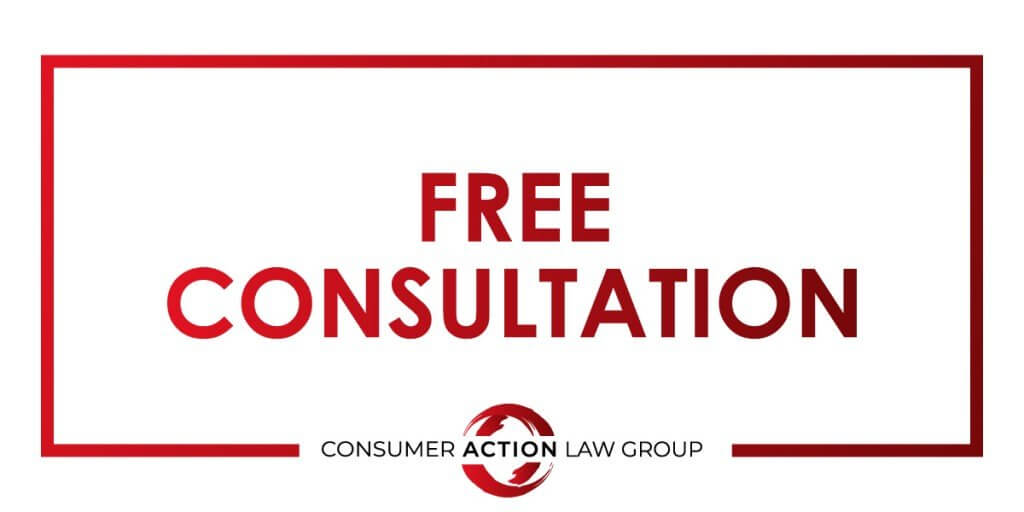There are many ways that your identity can be stolen. Once the identity thief obtains your personal information, a lot of false information can appear on your credit report.
Fortunately, many tools are available to consumers that will help them identify identity theft. Some of these tools are:
- Fraud alerts
- Credit freezes
Below you will learn how to identify identity theft and what you can do if it ever happens to you.
Should any inaccurate information show up on your credit report, contact an attorney experienced with credit report fraud to receive help.
Placing Fraud Alert and Credit Freeze on Credit Report
The primary tools for preventing thieves from stealing your identity are fraud alerts and credit freezes. Upon discovering fraudulent activity on your credit report, you should immediately place an initial fraud alert on your credit report. You can then decide if you should place an extended fraud alert or a credit freeze on your credit report.
By placing a fraud alert on your credit report, you can obtain a free copy of your credit report to check if there are any additional fraudulent activities.
Fraud Alerts
There are two types of fraud alerts that you can place on your credit report: an initial alert and an extended alert. You may choose one or the other depending on your situation.
Initial Fraud Alert
According to the Fair Credit Reporting Act (FCRA), a consumer has the right to have a credit reporting agency (CRA) place an initial fraud alert on their credit report if they suspect that they will be a victim of identity theft. Once one of the three national CRAs has been notified, that CRA will contact the other two, which will then place fraud alerts as well.
Here are some of the key points of the initial fraud alert:
- The initial fraud alert will stay on your credit report for at least 90 days.
- You are entitled to one free credit report from each of the national CRAs.
- Creditors must use “reasonable policies and procedures” to make sure that the applicant is indeed you before issuing credit in your name.
Extended Fraud Alert
You can request an extended fraud alert if you are able to provide the CRA with an Identity Theft Report. The Identity Theft Report does not have to be filed in person with a law enforcement officer. You can obtain the extended alert with the report generated by the police through an automated system or by printing a copy of the complaint you file with the Federal Trade Commission (the Identity Theft Affidavit).
Here are some of the key points of the extended fraud alert:
- An extended fraud alert stays on your credit report for 7 years.
- You are entitled to two free credit reports every 12 months from each of the three national CRAs.
- The CRAs will remove your name from marketing lists for pre-screened credit offers for five years unless you request otherwise.
- Potential creditors must contact you by phone or in person prior to issuing credit in your name.
In order to place or remove these alerts on your credit report, you must provide adequate proof of identity required. Placing a fraud alert does not affect your credit score.
Credit Freezes
When you freeze your credit report, you are restricting potential creditors and other third parties from accessing your credit report. This makes it harder for thieves to steal your identity to open a new account in your name. Freezing your credit report does not affect your credit score either.
Requirements for freezing credit vary from state to state. Check your state’s rules and regulations to see if anyone can freeze their credit report or only for identity theft victims. The cost of placing, temporarily lifting, and removing a credit freeze also varies from state to state.
Unlike how fraud alerts work, you must freeze your credit report with all three CRAs; one CRA will not notify the others for them to freeze your credit report.
Credit Report Access During a Credit Freeze
When you place a credit freeze, you will still have access to your free annual credit report and will still be able to purchase credit reports and score.
Credit freezes only block companies’ access to applications for new accounts. These companies will still have access to check your credit:
- Companies you already do business with (i.e. mortgage, credit card, or cell phone).
- Companies offering pre-screened credit.
- Potential employers, insurance companies, landlords, and other non-creditors.
What a Fraud Alert or Credit Freeze Does Not Do
A fraud alert and credit freeze are effective in preventing identity thieves from opening new accounts in your name. However, they do not offer protection from all types of identity theft.
They will NOT protect you from:
- Identity thieves who will use your existing credit cards or other accounts
- New accounts that the thieves might be able to open without a credit check
- Creditors who open a new account without doing a credit check
As you can see, fraud alerts and credit freezes are only effective when a transaction involves pulling a credit report.
If you need professional help with your situation, feel free to call (818) 254-8413 to speak with an experienced credit report attorney. The consultation is free!










